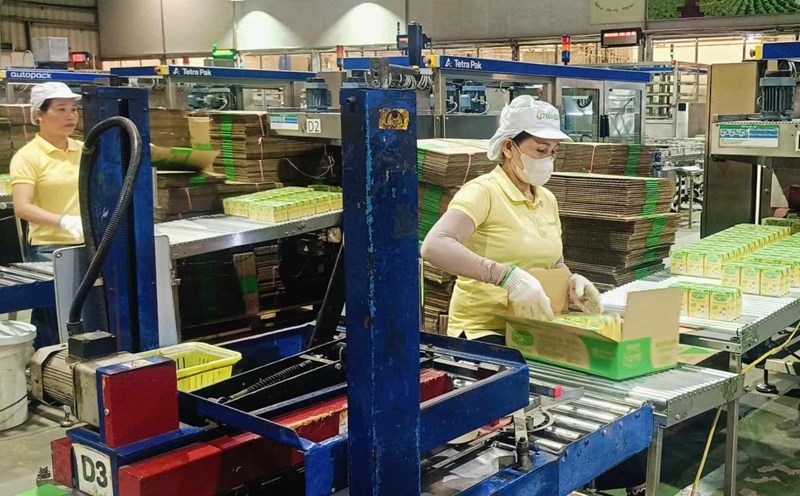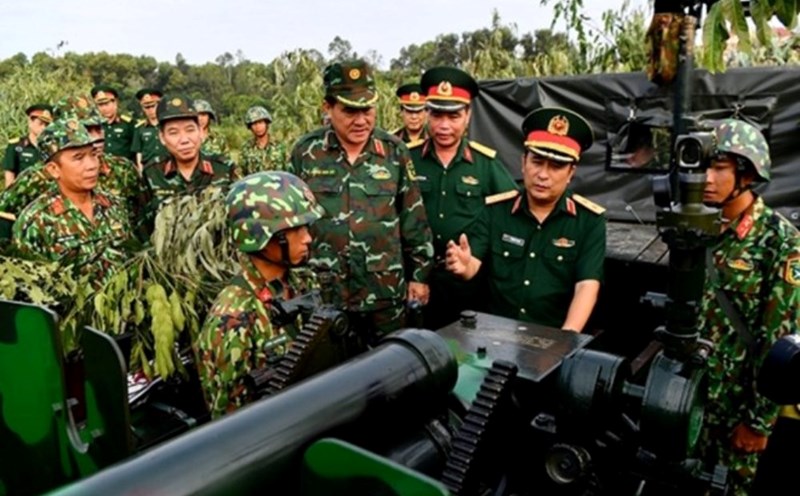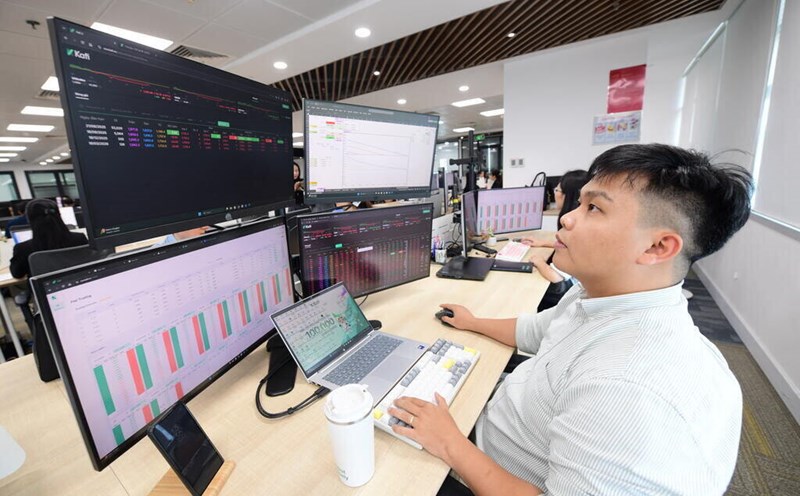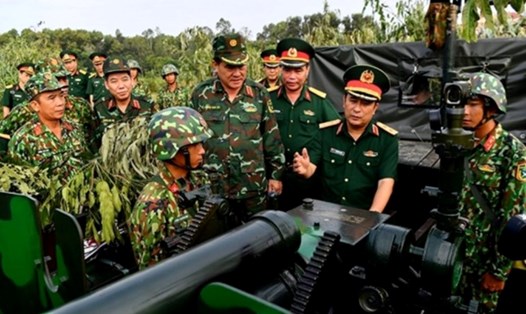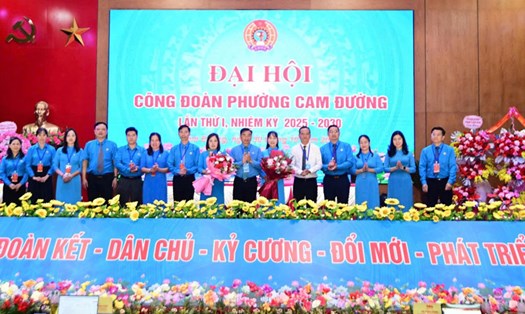According to a survey by the Hanoi Employment Service Center, one of the most impressive and fundamental achievements of the Hanoi labor market in the recent period is the outstanding improvement in the quality of human resources, demonstrated through the comprehensive upgrading of technical qualifications.
The most prominent achievement is the spectacular decline in the employment rate of workers without technical expertise. From accounting for nearly a third of the workforce (32.65%) in 2019, this group has declined to just 1/5 (20.22%) in 2022 and has continued to decline recently.
This figure shows the overall effectiveness of investment policies in education, training, promotion and especially the positive pressure from the labor market itself. According to the Hanoi Employment Service Center, this decline is not only a change in statistics, it shows a fundamental change in the minimum requirement to participate in the urban labor market, where basic skills are gradually becoming a prerequisite condition.
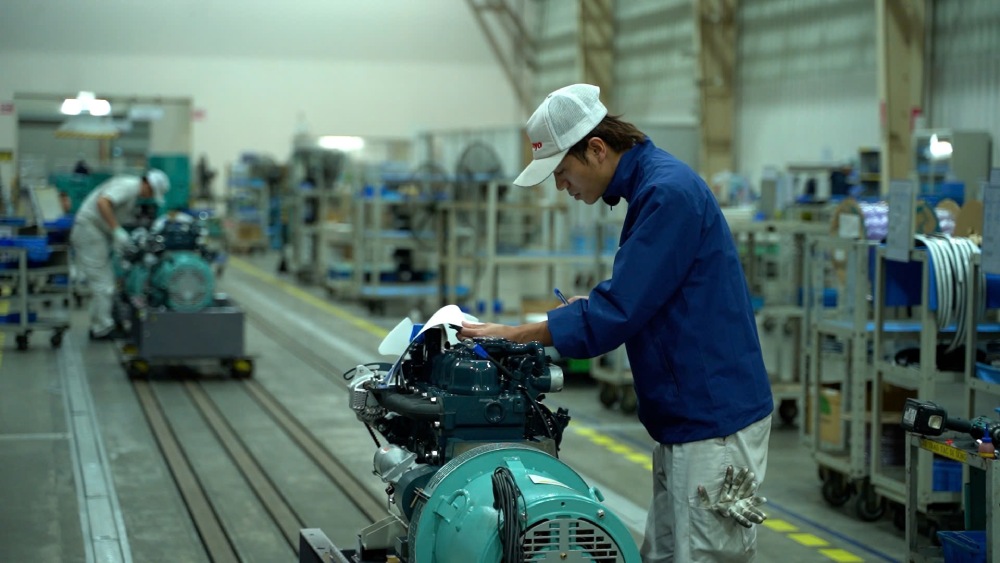
Along with the above trend is the affirmation of the position of skillful and qualified labor groups. In particular, the labor group with a "upper university" degree has grown continuously and sustainably, from 28.80% (in 2019) to nearly 40% today - officially becoming the group with the largest proportion in the labor structure. This increase is not only compatible with the shift to the service economy and knowledge economy analyzed in previous sections, but is also a key factor in helping Hanoi consolidate its position as a center for high-quality human resources nationwide. The workforce with a university degree is the core of the process of innovation, technology acquisition and transfer, and is also an important factor in attracting high-quality FDI investment flows to fields with high added value.
In particular, another important and very notable trend is the surge of the "unskilled technical workers" group, from 13.82% in 2019 to 27.14% in 2024 - becoming the second largest group in the labor structure. This strong growth shows that the Hanoi labor market is increasingly appreciating the practical skills and experience accumulated through the working process, in addition to the regular degrees. This is a skilled labor force, with practical "professional hands", formed through self-training and vocational training mechanisms at enterprises or through effective short-term courses.
This increase reflects a productive labor market, where real capacity creates value and is valued. At the same time, it also indirectly shows the reality that, when the formal training system does not meet the needs of technical labor, businesses and workers themselves have found more flexible paths to form and accumulate skills. This is an important belief, suggesting to policymakers the need to diversify training forms and recognition of professional skills, not just relying on the traditional graduation system.

